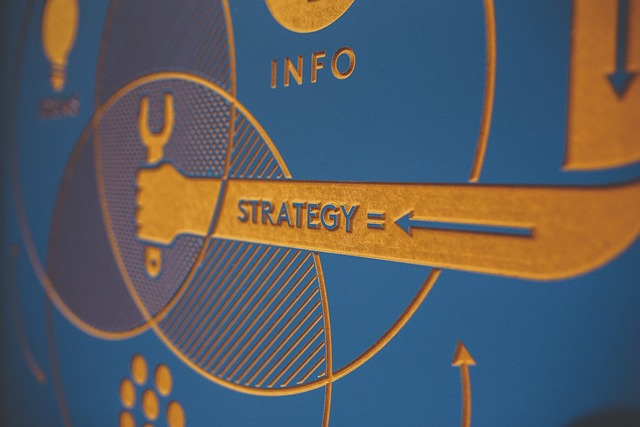Artificial Intelligence (AI) is transforming the way organizations approach project risk assessment. By leveraging AI tools, predictive analytics, and machine learning algorithms, project managers can efficiently identify, analyze, and mitigate risks. This article explores how AI can enhance risk identification, automate risk assessment processes, and provide proactive strategies for risk management in project management. Whether you’re using AI for construction project risk management, financial risk assessment, or agile project management, this guide will provide actionable insights to improve your project outcomes.
Understanding AI in Project Risk Management
AI in project risk management is all about integrating intelligent tools to improve the accuracy and efficiency of risk assessments. By analyzing large datasets, Artificial Intelligence identifies patterns and predicts potential risks before they materialize. This can include everything from cost overruns and schedule delays to external factors like economic shifts or supply chain disruptions.
AI algorithms analyze historical project data, market trends, and environmental factors to assess risks in real time. This proactive approach enables organizations to allocate resources effectively and minimize project disruptions.
Benefits of Using AI for Risk Assessment
Improved Risk Identification
AI systems use advanced data analytics to identify potential risks that might go unnoticed by human evaluators. These systems analyze historical data and current trends to highlight issues such as budget constraints, resource limitations, or scheduling conflicts.
With AI-powered tools, project managers can prioritize risks based on severity and likelihood. This allows them to focus on high-impact areas, ensuring the project stays on track.
Enhanced Predictive Analytics
Predictive analytics is one of the most significant contributions of AI in project risk management. AI tools analyze historical project data to predict future risks, such as delays or cost escalations.
For example, in construction projects, AI can predict potential safety risks based on weather patterns and site conditions. Similarly, in financial projects, AI helps forecast market fluctuations, enabling better budget planning.
Real-Time Risk Monitoring
AI allows for continuous monitoring of risks throughout a project’s lifecycle. By integrating AI with project management software, organizations can receive real-time alerts about emerging threats.
This capability ensures immediate action can be taken, reducing the impact of unforeseen issues. For instance, AI can monitor supply chain data to alert managers about potential delays or shortages.
AI Tools for Risk Assessment
Automated Risk Assessment Platforms
Many AI-driven platforms automate the entire risk assessment process, saving time and resources. These tools evaluate project metrics and provide actionable insights.
For instance, tools like IBM Watson or Riskalyze offer advanced capabilities to analyze complex datasets and deliver customized risk mitigation strategies.
Project Management Software with AI Integration
Modern project management software often comes with built-in AI functionalities. Tools like Asana, Trello, and Microsoft Project use AI to forecast timelines, track progress, and flag risks.
These systems simplify communication among team members, ensuring that risk management strategies are effectively implemented.
AI for Proactive Risk Mitigation
AI helps project managers develop proactive risk mitigation strategies. By analyzing potential risk scenarios, AI suggests measures to prevent problems before they occur.
For example, in agile project management, AI can identify dependencies that may cause bottlenecks and recommend solutions to streamline workflows.
Challenges of Using AI in Project Risk Management
Data Quality and Availability
AI relies on high-quality data for accurate predictions. Poor data quality or incomplete datasets can lead to inaccurate risk assessments.
To overcome this, organizations need to invest in robust data collection and management practices. Ensuring that data is clean, comprehensive, and up-to-date is critical for AI success.
Cost and Implementation
AI systems can be expensive to implement and maintain, especially for small organizations. However, the long-term benefits often outweigh the initial costs, making AI a worthwhile investment for risk management.
Conclusion
AI is revolutionizing the field of project risk assessment, offering improved accuracy, efficiency, and scalability. From identifying risks with predictive analytics to real-time monitoring and proactive mitigation, AI provides invaluable tools for project managers. While challenges like data quality and cost exist, the benefits of integrating AI into project management far outweigh the hurdles. By leveraging AI-driven solutions, organizations can achieve better project outcomes, reduce risks, and ensure long-term success.






